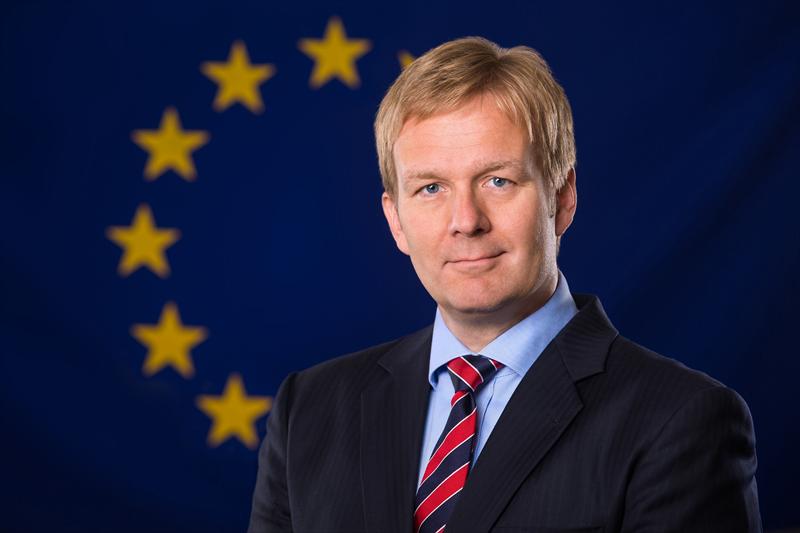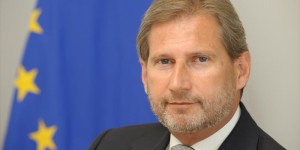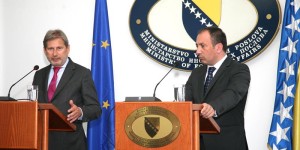How do you see protests in the FBiH – as a social unrest or politically masked campaign?
We have heard some very clear concerns about the economy, about unemployment, about a lack of justice expressed by citizens over the past week. As HR/VP Ashton said earlier this week, leaders and politicians in Bosnia and Herzegovina must address them. It is vitally important for everyone to listen carefully to the concerns being expressed and then deal with the issues through open dialogue.
Many of these issues are equally part of the EU integration agenda. I believe that by focusing on the reforms needed to get BiH closer to the EU, the problems can be addressed and we can focus on what unites people, not what divides people.
How do you comment on the fact that protests are present only in the Bosniac part of the FBiH, and not in the RS or cantons with Croat majority?
We have seen demonstrations across almost the whole country – including ones not so widely covered by the media – so I don’t agree with the assumption in the question. Citizens right across the country share similar concerns about corruption, high unemployment and the lack of economic opportunity. And I believe they want this country to move faster in the EU integration process.
I and all my colleagues strongly reject any attempt to exploit recent events to raise ethnic tensions, including via media organisations.
What is your opinion on requests coming from some of protesters to abolish cantons and even entities?
It is normal that some demands of a more political nature are raised during such events. The important thing right now is that all the views and requests are listened to very carefully and that there is a proper dialogue between citizens and authorities.
The EU believes that changes to the constitutional order can only happen through the agreement of all and following the democratic procedures already set out.
Is it possible that the EU will take over a role of a mediator in solving social and constitutional problems in the FBiH?
The EU has always been and remains ready to provide its assistance and facilitation to Bosnia and Herzegovina. We already do in the justice sector through the Structured Dialogue for example.
I think there is a renewed focus on BiH among the Foreign Ministers of the EU following their meeting on Monday and this is very welcome. The HR/VP has said in the European Parliament that we need to look at how we can do more, and I expect the discussions on this to move forward in the next weeks. But that does not mean BiH has to do less!
Be in no doubt that the European Union cares about Bosnia and Herzegovina, that we want its citizens to get the benefits of the path to the EU – and then EU membership.




